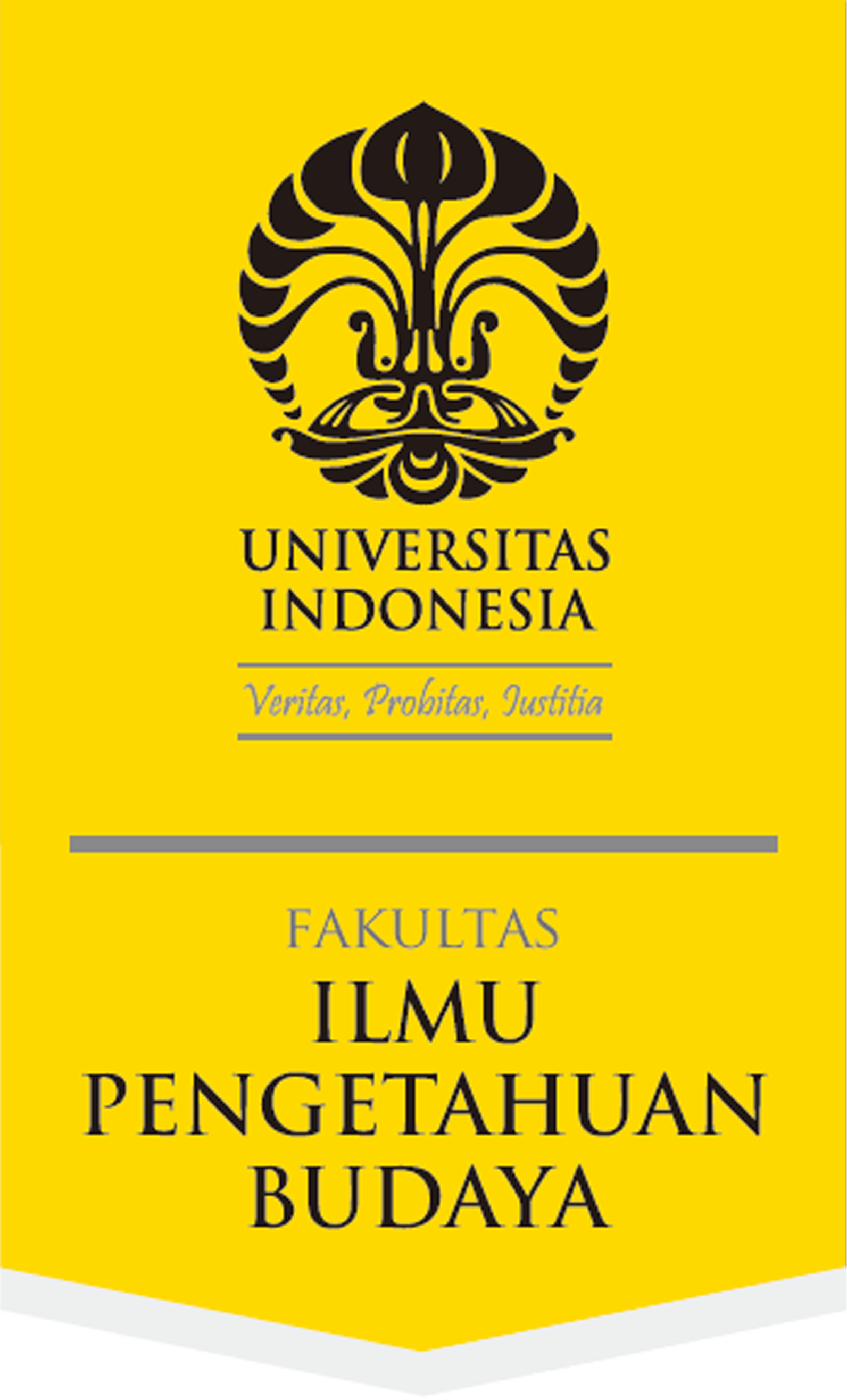Abstract
The thesis explores the actual processes of interaction between global and local actors regarding marine conservation and aquaculture development. The objective of the thesis is to analyse the collaboration, friction, and the cultural-historical, social, political, and economic contestations of the value and meaning of conservation from the perspectives of the district governmental agencies, the district head, local entrepreneurs and industry, and the international NGO. Concentrating on the dynamics of this global-local interface this thesis adds to existing literature because it helps us to understand why global environmental networks often face contention and even fail to be effective in their attempts to implement regulations or standards for a more sustainable production of coastal resources. The data were gathered during long-term anthropological fieldwork combining a political-ecology approach with environmental anthropology.
References
Aspinal, E. and G. Fealy. 2003. Local power and politics in Indonesia; Decentralization and democratization. Singapore: Institute of Southeast Asian Studies (ISEAS).
Brosius, J.P. 1999. “Analyses and interventions; Anthropological engagements with environmentalism”, Current Anthropology 40(3): 277–310.
Djohani, R. 2009. “Governance in Indonesia’s marine protected areas; A case study of Komodo national park”, in: R. Cribb and M. Ford (eds), Indonesia beyond the water’s edge; Managing an archipelagic state, pp. 157–171. Singapore: Institute of Southeast Asian Studies.
Escobar, A. 1999. “After nature; Steps to an antiessentialist political ecology 1, Current Anthropology 40(1): 1–30.
Fox, H.E. et al. 2012. “Reexamining the science of marine protected areas; Linking knowledgeable to action”, Conservation Letters 5: 1–10.
Gunawan, B.I. and L.E. Visser. 2012. “Permeable boundaries; Outsiders and access to fishing grounds in the Berau marine protected area”, Anthropological Forum 22(2): 187–207.
Gupta, A. and J. Ferguson. 1997. Culture, power, place; Explorations in critical anthropology. Durham/London: Duke University Press.
Halim, A., T. Soekirman, and W. Ramono. 2008. “Involving resource users in the regulation of access to resources for the protection of ecosystem services provided by protected areas in Indonesia”, in: N.S. Sodhi et al., Biodiversity and human livelihoods in protected areas; Case studies from the Malay Archipelago, pp. 122–138. Cambridge: Cambridge University Press.
Jacquet, J. et al. 2009. “Conserving wild fish in a sea of market-based efforts”, Oryx 44(1): 45–56.
Kontinen, T. 2004. “Introduction; About intervention and methodologies”, in T. Kontinen (ed.), Development intervention; Actor and activity perspective, pp. 1–4. Helsinki: University of Helsinki.
Kusumawati, R., S.R. Bush, and L.E. Visser. 2013. “Can patrons be bypassed? Friction between local and global regulatory networks over shrimp aquaculture in East Kalimantan”, Society and Natural Resources 26: 898–911.
Kusumawati, R. and L.E. Visser. 2014. “Collaboration or contention? Decentralized Marine Governance in Berau”, Anthropological Forum Vol. 24 (1): 21–46.
Laksono, P.M. 2007. Komplikasi kebijakan managemen wilayah pantai dan pulaupulau kecil. Jakarta: Konphalindo.
Mohan, C.V and S.S. De Silva. 2010. “Better Management Practices (BMPs) – gateway to ensuring sustainability of small scale aquaculture and meeting modern day market challenges and opportunities”, Sustainable Aquaculture XV (1): 9–14.
Padiyar, P. A. et al. 2012. “Improving aquaculture in post-tsunami Aceh, Indonesia; Experiences and lessons in better management and farmer organizations”, Aquaculture Research 43(12): 1787–1803.
Parkes, G. et al. 2010. “Behind the signs–A global review of fish sustainability information schemes”, Reviews in Fisheries Science 18(4): 344–356.
Patlis, J.M. 2005. “The role of law and legal institutions in determining the sustainability of integrated coastal management projects in Indonesia”, Ocean and Coastal Management 48: 450–467.
Patlis, J.M. 2008. “What protects protected areas? Decentralization in Indonesia, the challenges facing its terrestrial and marine national parks and the rise of regional protected areas”, in: N.S. Sodhi, G. Acciaioli, M. Erb, and A. K-J. Tan (eds), Biodiversity and human livelihoods in protected areas; Case studies from the Malay Archipelago (pp. 405–428). Cambridge: Cambridge University Press.
Peet, R, P. Robbins, and M.J. Waats. 2011. Global political ecology. Oxon and New York: Routledge.
Resosudarmo, B.P. 2005. The politics and economics of Indonesia’s natural resources. Singapore: Institute of Southeast Asian Studies (ISEAS).
Robbins, P. 2004. Political ecology; A critical introduction. Malden/Oxford/ Victoria: Blackwell Publishing.
Roheim, C.A. 2009. “An evaluation of sustainable seafood guides; Implications for environmental groups and the seafood industry”, Marine Resource Economics 24: 301–310.
Satria, A. and Y. Matsuda. 2004. “Decentralization of fisheries management in Indonesia”, Marine Policy 28(5): 405–418.
Tsing, A.L. 2004. Friction; An ethnography of global connection. Princeton/Oxford: Princeton University Press.
Visser, L.E. 2004. Challenging coasts; Transdisciplinary excursions into integrated coastal zone development. Amsterdam: Amsterdam University Press.
Recommended Citation
Kusumawati, Rini
(2016)
"Networks and knowledge at the interface; Governing the coast of East Kalimantan,"
Wacana, Journal of the Humanities of Indonesia: Vol. 17:
No.
1, Article 8.
DOI: 10.17510/wacana.v17i1.463
Available at:
https://scholarhub.ui.ac.id/wacana/vol17/iss1/8









